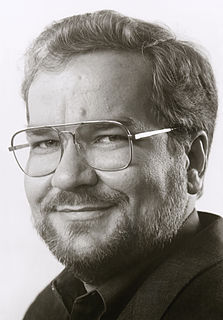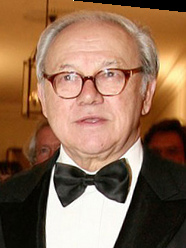A Quote by Tim Cook
When Apple looks at what categories to enter, we ask these kinds of questions: What are the primary technologies behind this? What do we bring? Can we make a significant contribution to society with this? If we can't, and if we can't own the key technologies, we don't do it.
Related Quotes
Technologies first equipped the territorial body with bridges, aqueducts, railways, highways, airports, etc. Now that the most powerful technologies are becoming tiny - microtechnologies, all technologies can invade the body. These micro-machines will feed the body. Research is being conducted in order to create additional memory for instance.


































